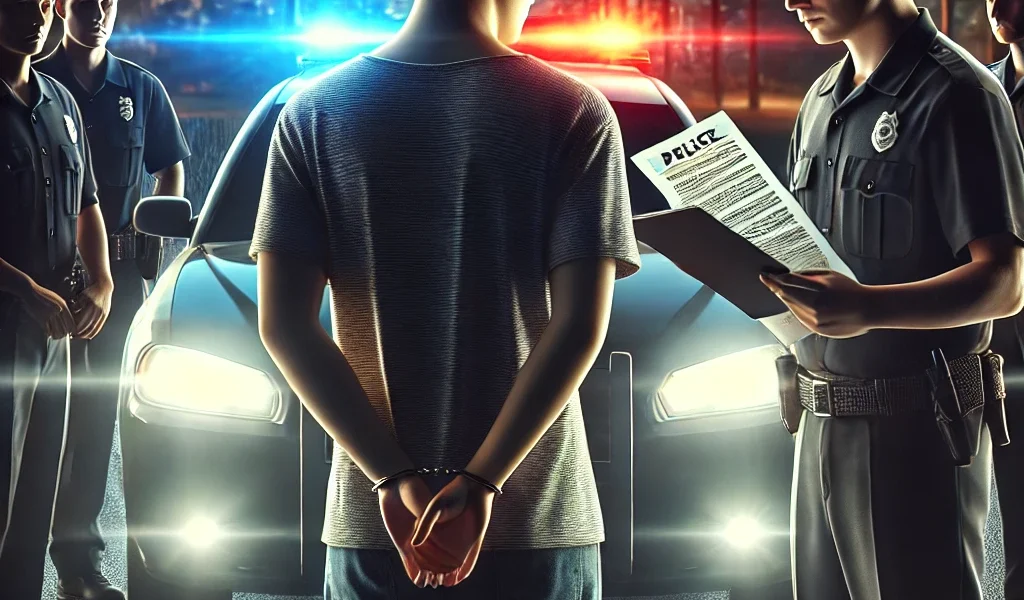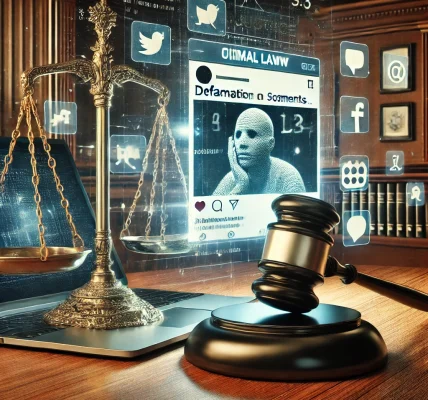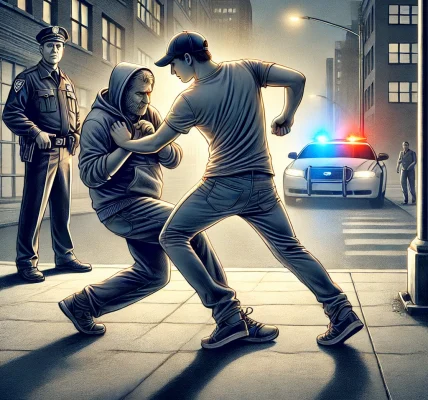Getting arrested can be a stressful and overwhelming experience. However, understanding your legal rights can help you stay calm and make informed decisions. This guide will walk you through what happens when you’re arrested, your legal rights, and the steps you should take to protect yourself.
1. Stay Calm and Composed
If you are arrested, the most important thing to do is remain calm. Resisting arrest or arguing with law enforcement can escalate the situation and lead to additional charges. Instead, take deep breaths, cooperate physically (without admitting guilt), and focus on protecting your legal rights.
2. Your Right to Remain Silent
Under the Fifth Amendment of the U.S. Constitution, you have the right to remain silent. This means:
- You are not required to answer any questions beyond providing your name and identification.
- Anything you say can be used against you in court.
- You can simply say, “I am exercising my right to remain silent.”
It is crucial to avoid discussing your case with police officers, as they may use your words as evidence against you later.
3. Your Right to an Attorney
Under the Sixth Amendment, you have the right to legal representation. If you are arrested:
- Ask for a lawyer immediately.
- If you cannot afford one, you have the right to a public defender.
- Do not discuss your case with anyone other than your attorney.
You can say: “I want to speak to my lawyer.” Once you make this request, the police must stop questioning you until your attorney is present.
4. The Arrest Process: What to Expect
A. Being Taken Into Custody
Once arrested, the police will take you into custody. This means you will be handcuffed and transported to a police station or detention facility.
B. Booking Process
During booking, the police will:
- Take your personal information (name, address, etc.).
- Record the charges against you.
- Take your fingerprints and mugshot.
- Search your personal belongings.
- Allow you one phone call (use this to contact a lawyer or family member).
C. First Court Appearance (Arraignment)
Within 24-48 hours, you will have a court appearance called an arraignment, where:
- The charges against you will be formally read.
- You can enter a plea (guilty, not guilty, or no contest).
- The judge will decide on bail or release conditions.
Your lawyer will guide you on what plea to enter and whether to request bail.
5. What Not to Do If You Are Arrested
To protect yourself legally, avoid the following mistakes:
- Do not resist arrest — even if you believe it is unfair, resisting can lead to additional charges.
- Do not talk to the police without a lawyer present.
- Do not sign any documents without consulting your attorney.
- Do not discuss your case with anyone, including friends and family.
- Do not post on social media about your arrest.
6. Understanding Bail and Release
After your arrest, you may be given the option to post bail to secure your release. Here’s how it works:
- Bail is a financial deposit that ensures you appear in court.
- The amount depends on the severity of the charges and your criminal history.
- If you cannot afford bail, you may request a bail hearing or use a bail bondsman.
- Some individuals may be released on their own recognizance (OR) without paying bail.
Your attorney can help negotiate bail or argue for a lower amount.
7. What Happens If You Are Wrongfully Arrested?
If you believe you were arrested unlawfully, take these steps:
- Stay calm and comply during the arrest.
- Gather evidence (if possible, note badge numbers, witnesses, and the location).
- Contact a lawyer immediately to discuss legal options.
- File a complaint if you were mistreated or your rights were violated.
- Seek legal action if necessary.
Your attorney can help you determine if you have a case for wrongful arrest.
8. Special Considerations: Juvenile Arrests
If a minor (under 18) is arrested:
- The police must notify their parents or guardians.
- Juveniles have the same rights to remain silent and have legal representation.
- The case is handled in juvenile court, which has different procedures than adult court.
Parents should contact a juvenile defense attorney immediately.
9. The Importance of Legal Representation
A criminal defense lawyer can help by:
- Ensuring your rights are protected.
- Negotiating bail and release conditions.
- Providing legal advice on how to proceed.
- Representing you in court.
- Building a strong defense strategy.
Hiring an experienced attorney is one of the most important steps in protecting your future.
10. Final Tips: How to Protect Yourself
- Know your rights before an arrest ever happens.
- Keep a lawyer’s contact information on hand.
- Do not answer police questions without an attorney.
- Follow all court dates and legal procedures to avoid further legal trouble.
Conclusion
Being arrested is a serious matter, but understanding your legal rights can help you navigate the situation wisely. Remember to stay calm, invoke your right to remain silent, request a lawyer, and avoid making any statements that could be used against you. If you ever find yourself in legal trouble, seeking professional legal help should be your top priority.




